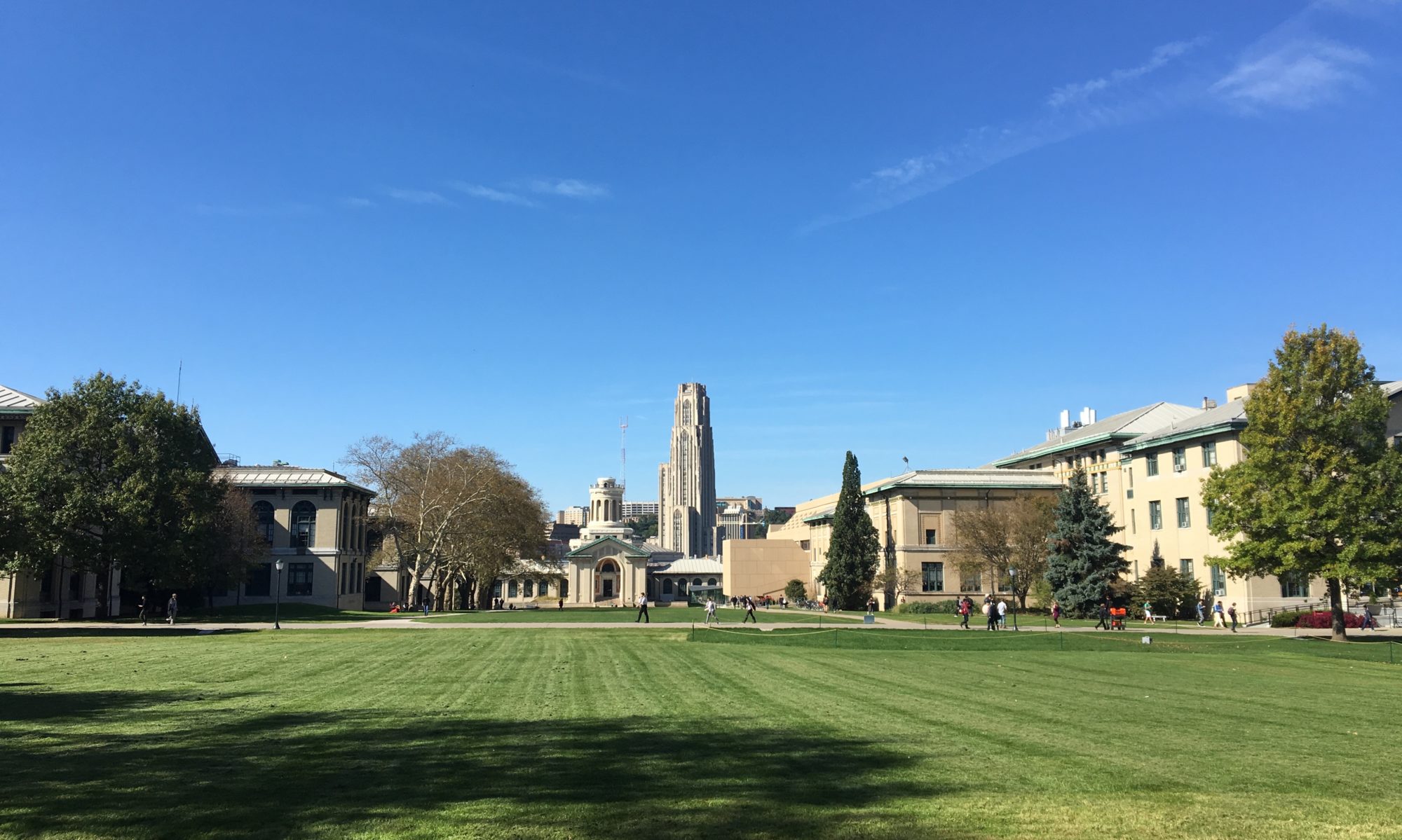Walter L. Hixson is a diplomatic and cultural historian and author of several books and articles primarily focused on American foreign relations. His books include Israel’s Armor: The Israel Lobby and the First Generation of the Palestine Conflict (Cambridge University Press, 2019); American Settler Colonialism: A History (Palgrave Macmillan, 2013); The Myth of American Diplomacy: National Identity and US Foreign Policy (Yale University Press, 2008); Parting the Curtain: Propaganda, Culture, and the Cold War, 1945-1961 (St. Martin’s Press, 1997); Witness to Disintegration: Provincial Life in the Last Year of the USSR (University Press of New England, 1993); George F. Kennan: Cold War Iconoclast (Columbia University Press, 1989); and the textbook American Foreign Relations: A New Diplomatic History (Routledge, 2016). Hixson is distinguished professor at the University of Akron and contributing editor of the magazine Washington Report on Middle East Affairs.
“Past as Prologue: Settler Colonialism over the Longue Durée of American History”
Schoolchildren learn to attribute the American Revolution to “taxation without representation,” but the ignition of the colonial rebellion in 1763 actually had at least as much to do with British efforts to constrain settlers from crossing the crest of the Appalachian Mountains and forging new settlements in places like Pittsburgh and the Ohio country. Once the French had been driven out of Fort Duquesne and most of the rest of the continent, the Euro-American settlers meant to take the land, which they viewed as inhabited by an inferior race of savages.
Settler colonialism drove and to a greater extent than is generally understood defined American history. Over the course of three centuries of settlement across a vast continent, Americans “tamed the frontier,” forging a militant national identity in the process, and relegating indigenous people to the margins of society. History is never a simple matter, however, and many ambivalences, negotiations, alliances, resistance and “third spaces” between the colonizers and the colonized emerged throughout the long process of settlement.
Though a relatively recent concept, settler colonialism thus offers broad explanatory power to enrich understanding of the linkages between local, national, and global history over a longue durée. It simultaneously illuminates past crimes against humanity while providing a liberationist framework to promote social justice in the present and future.
